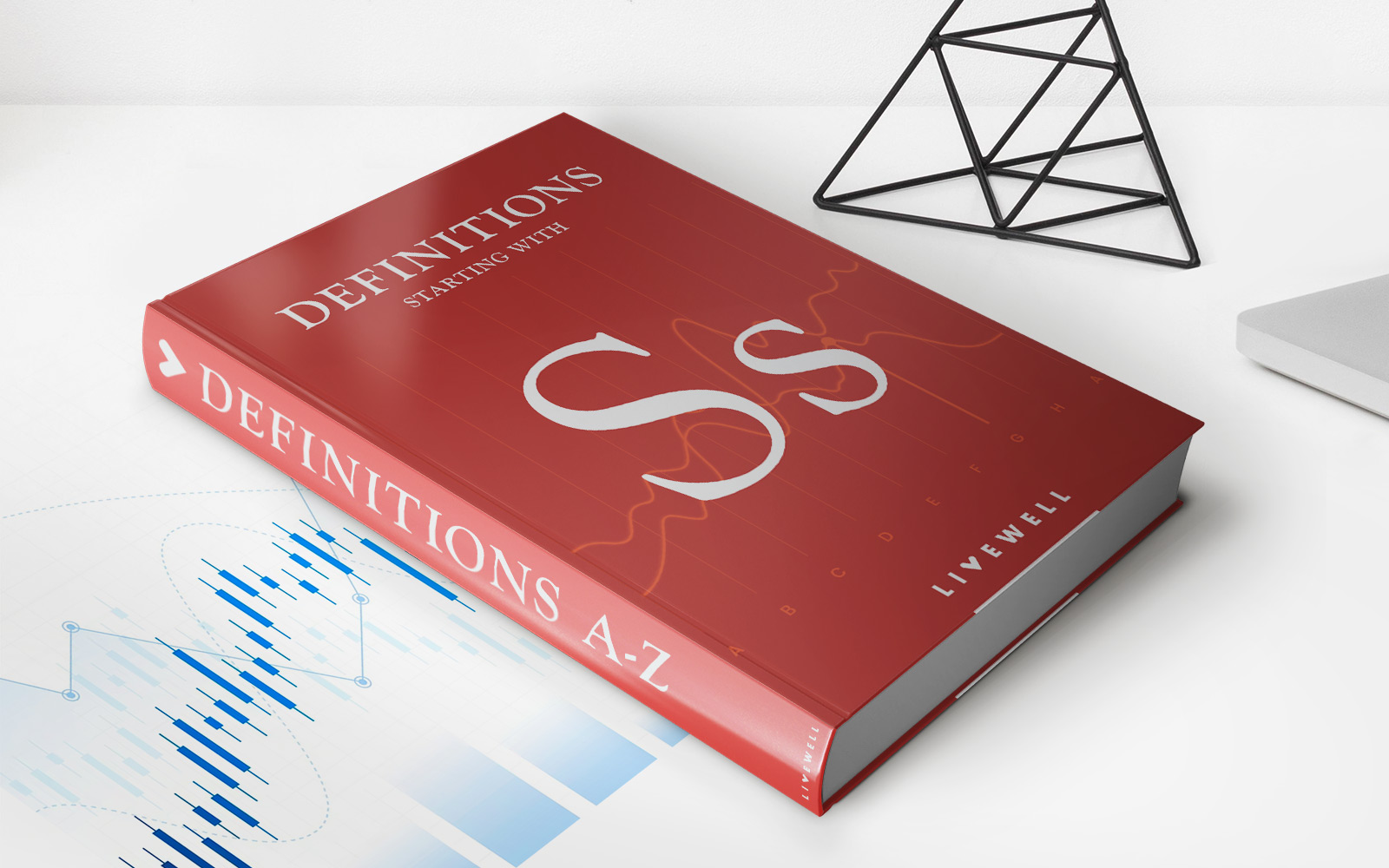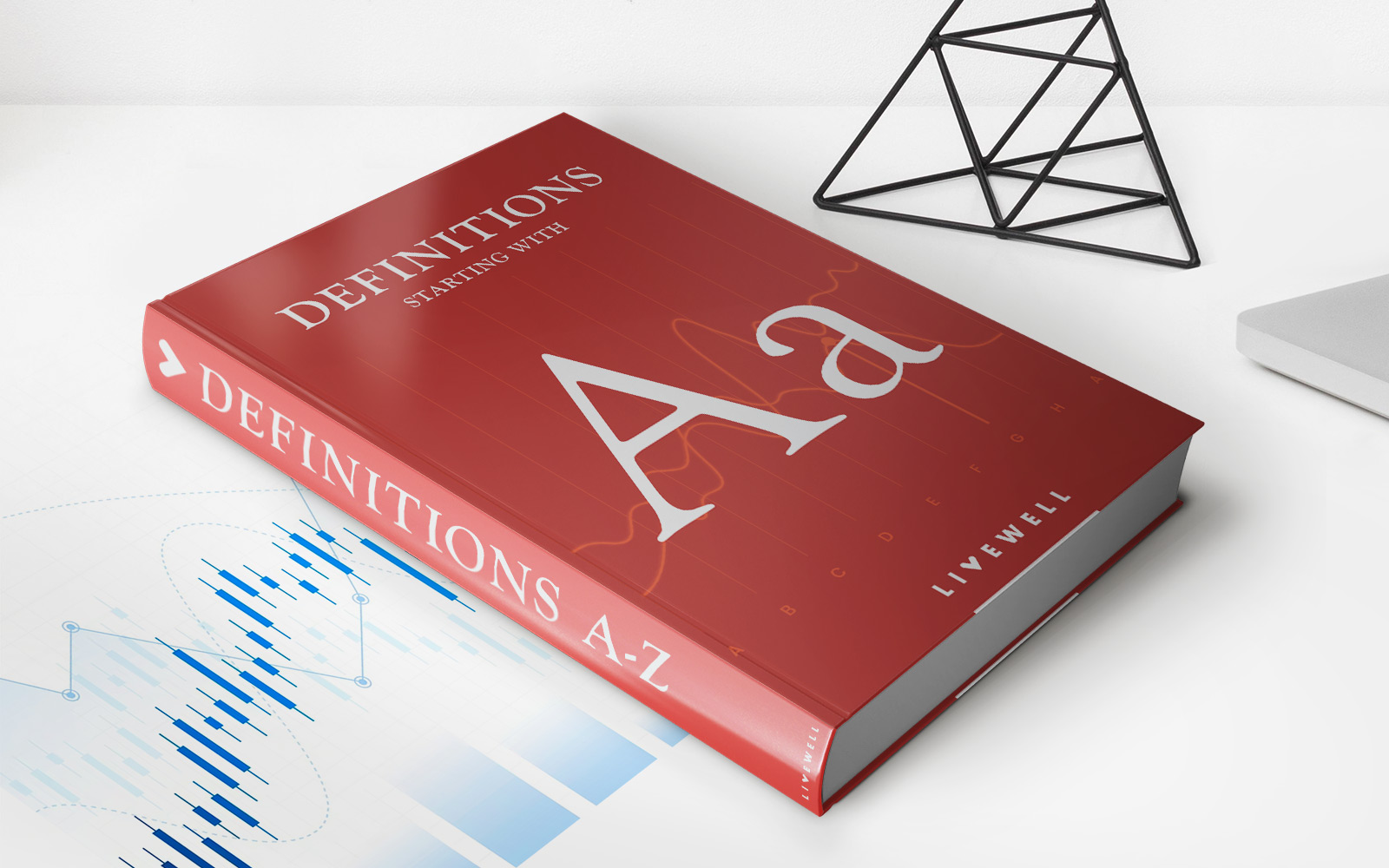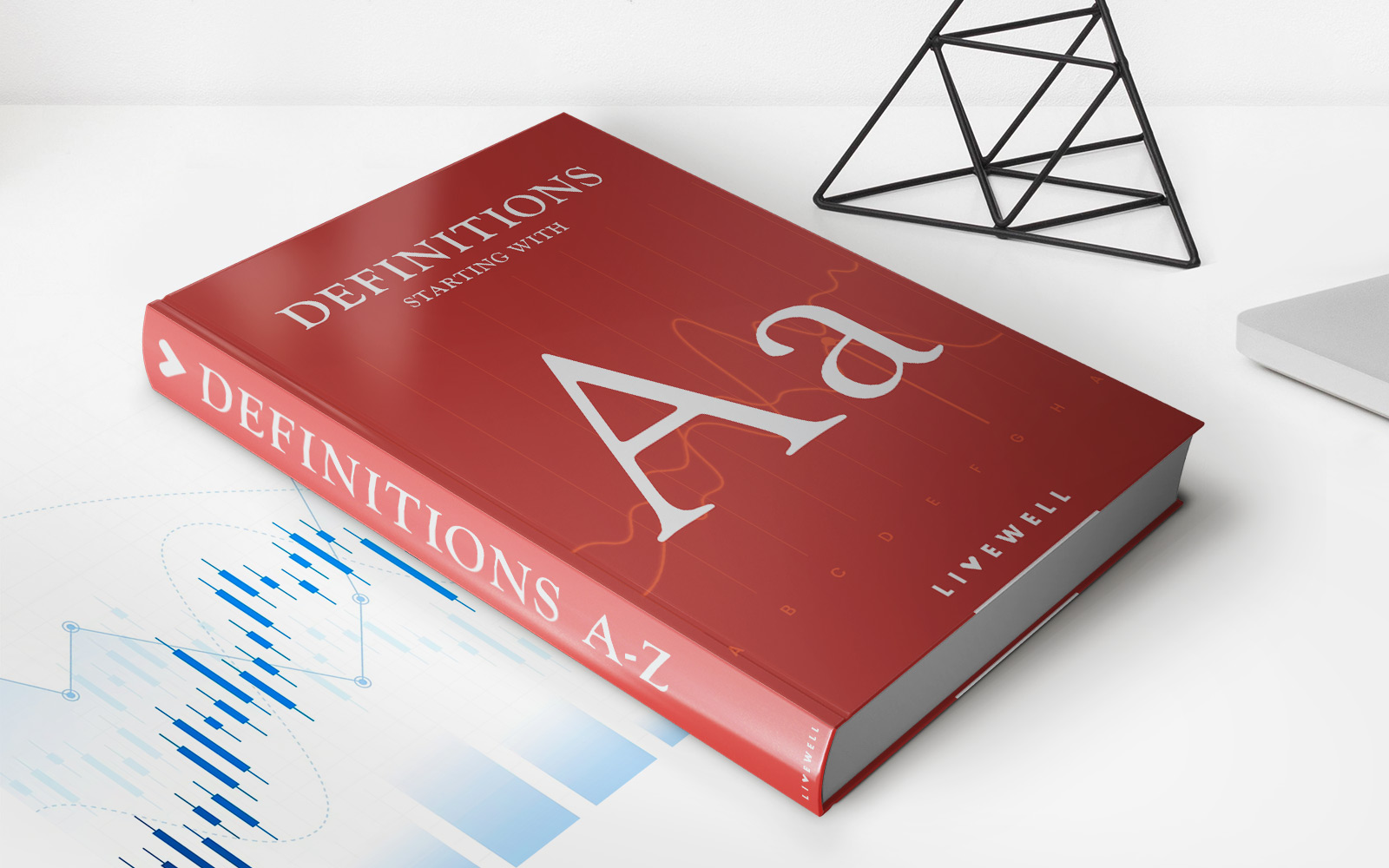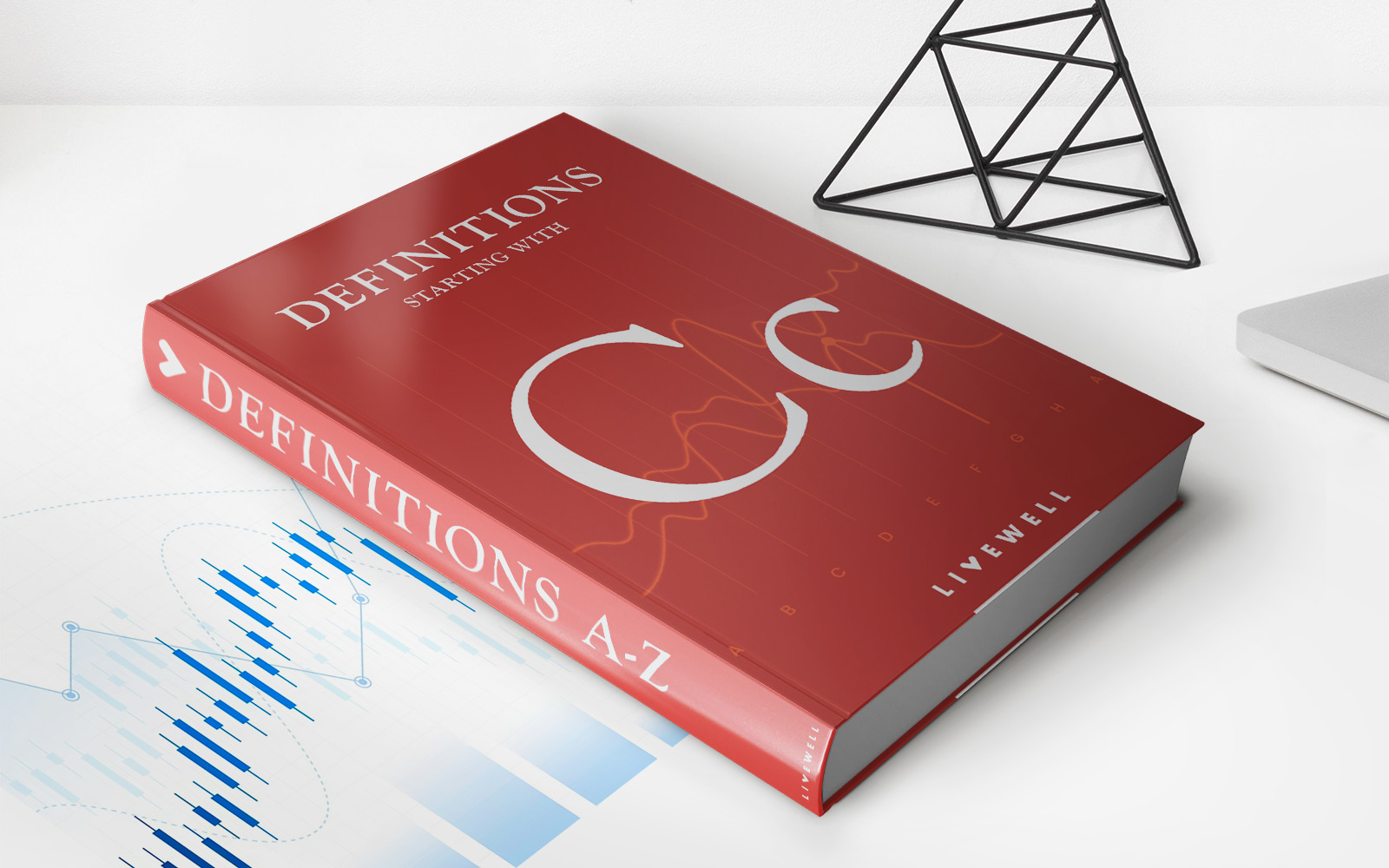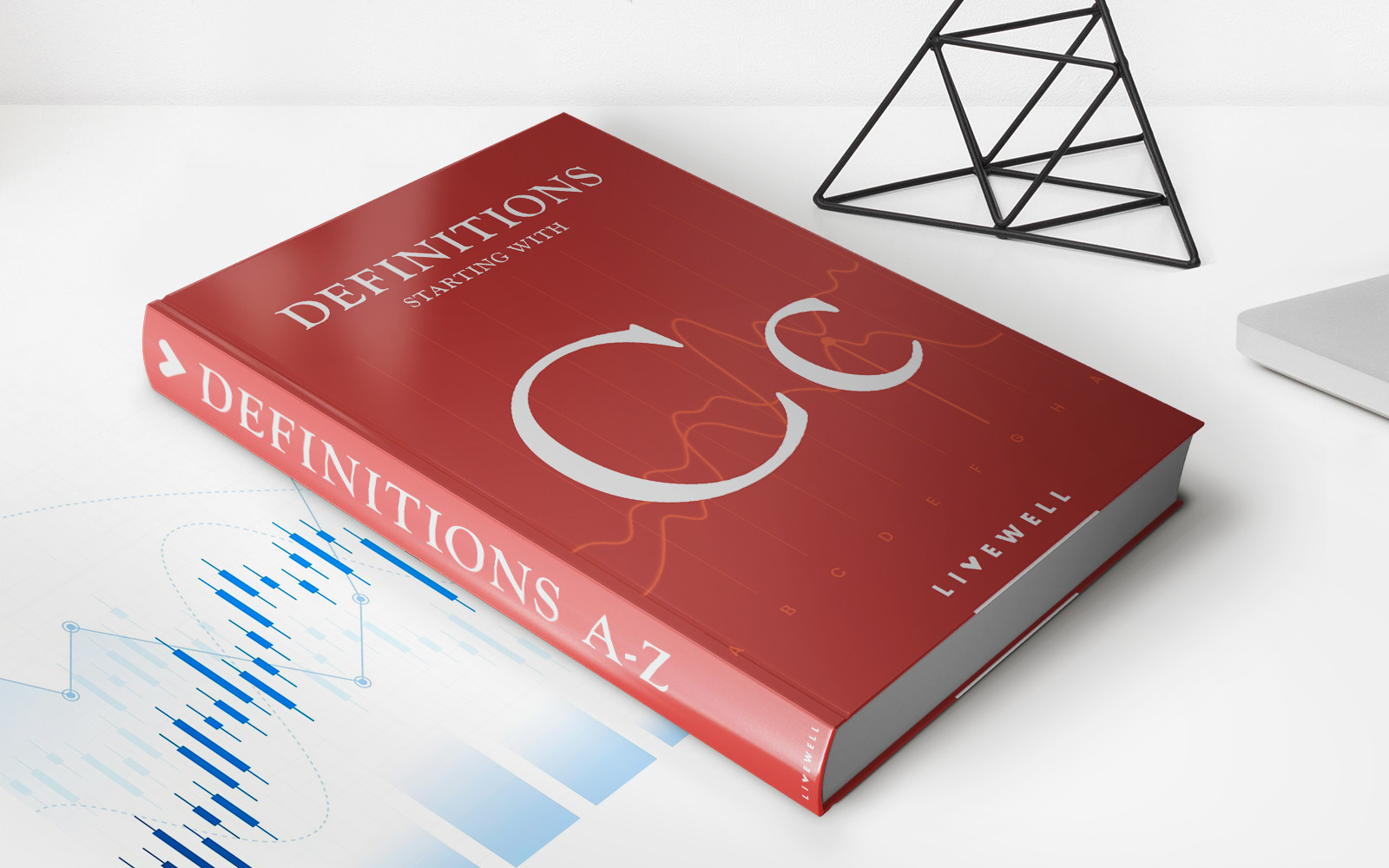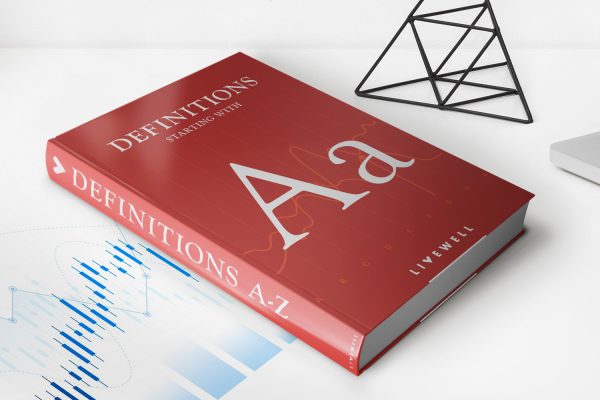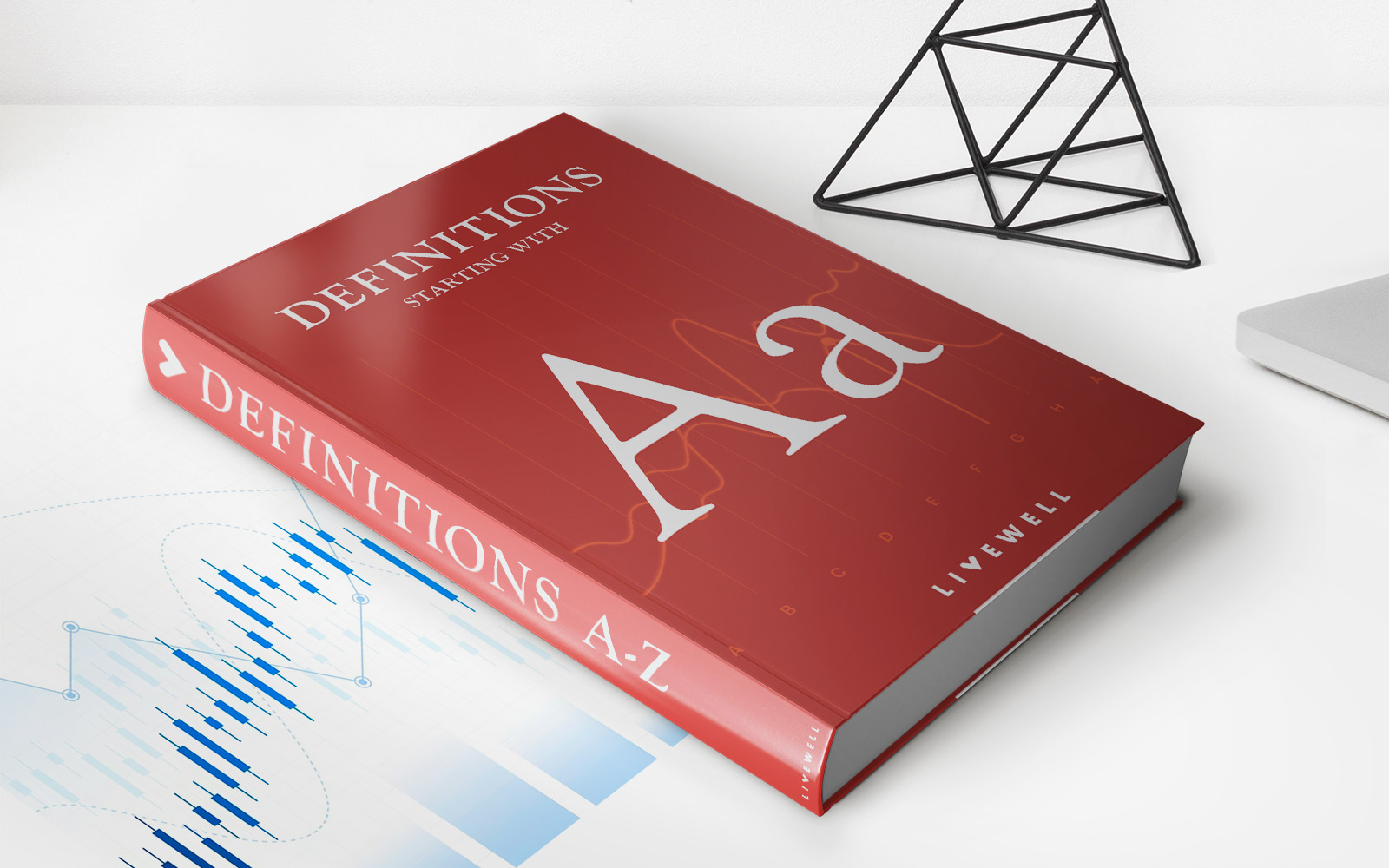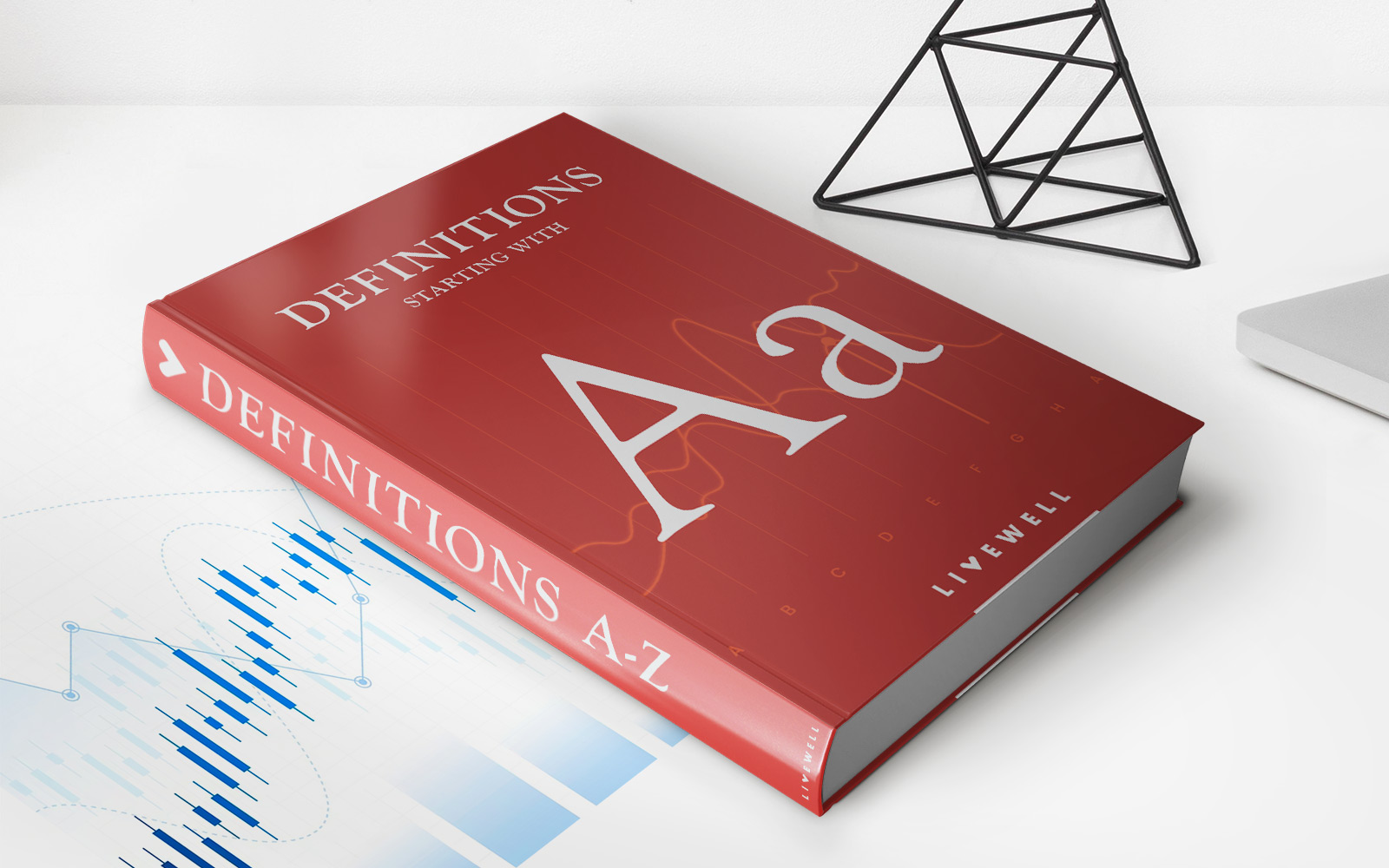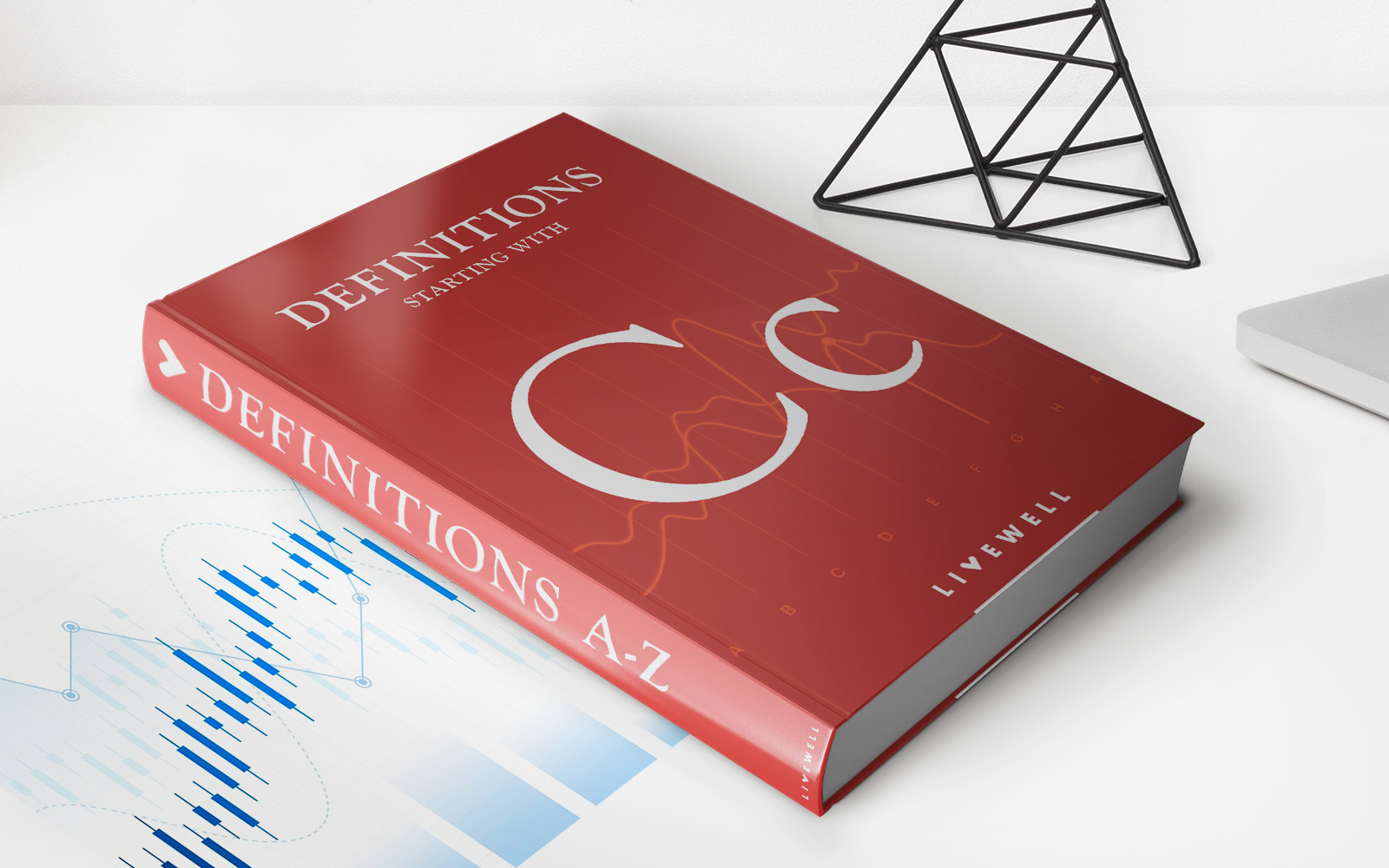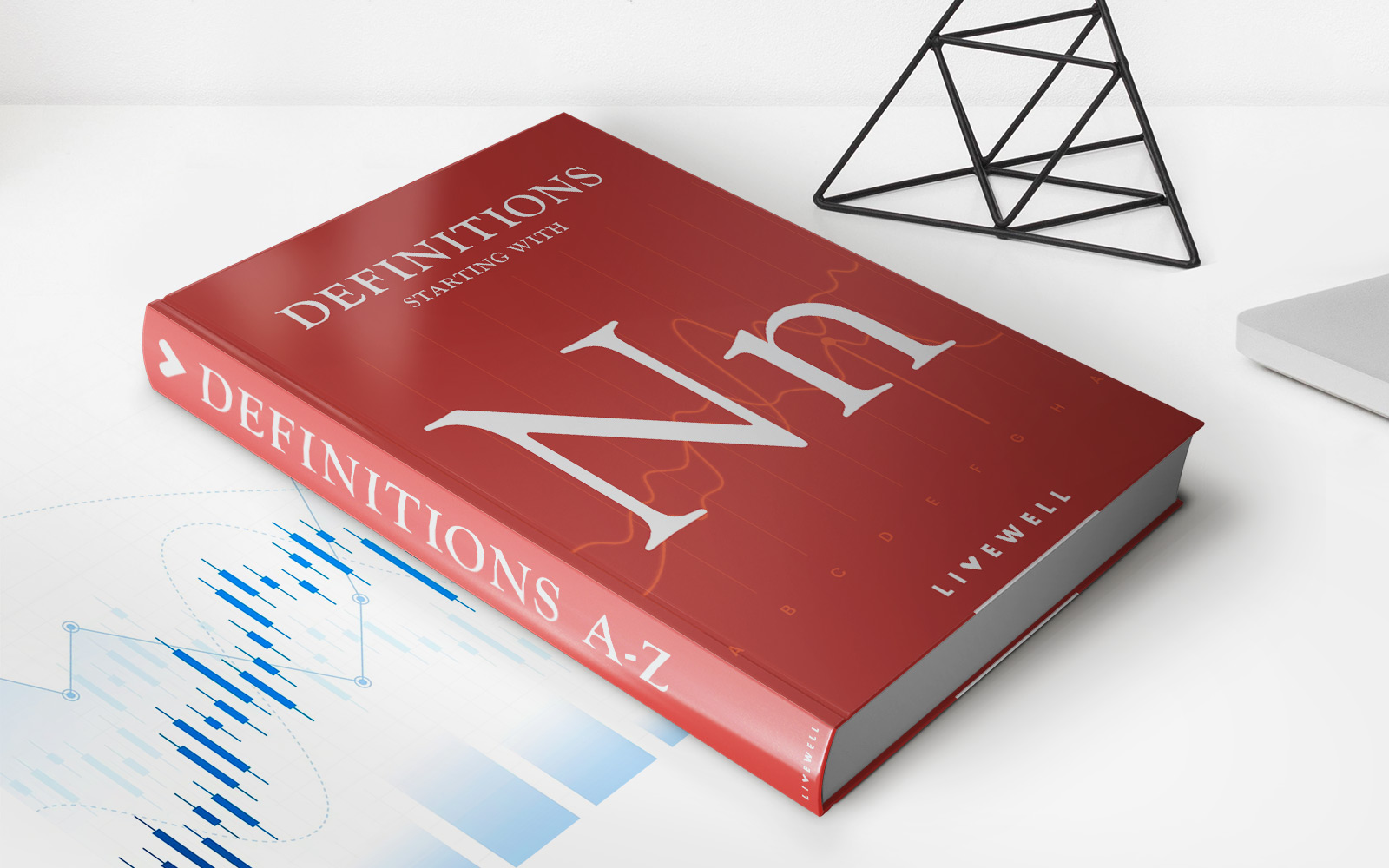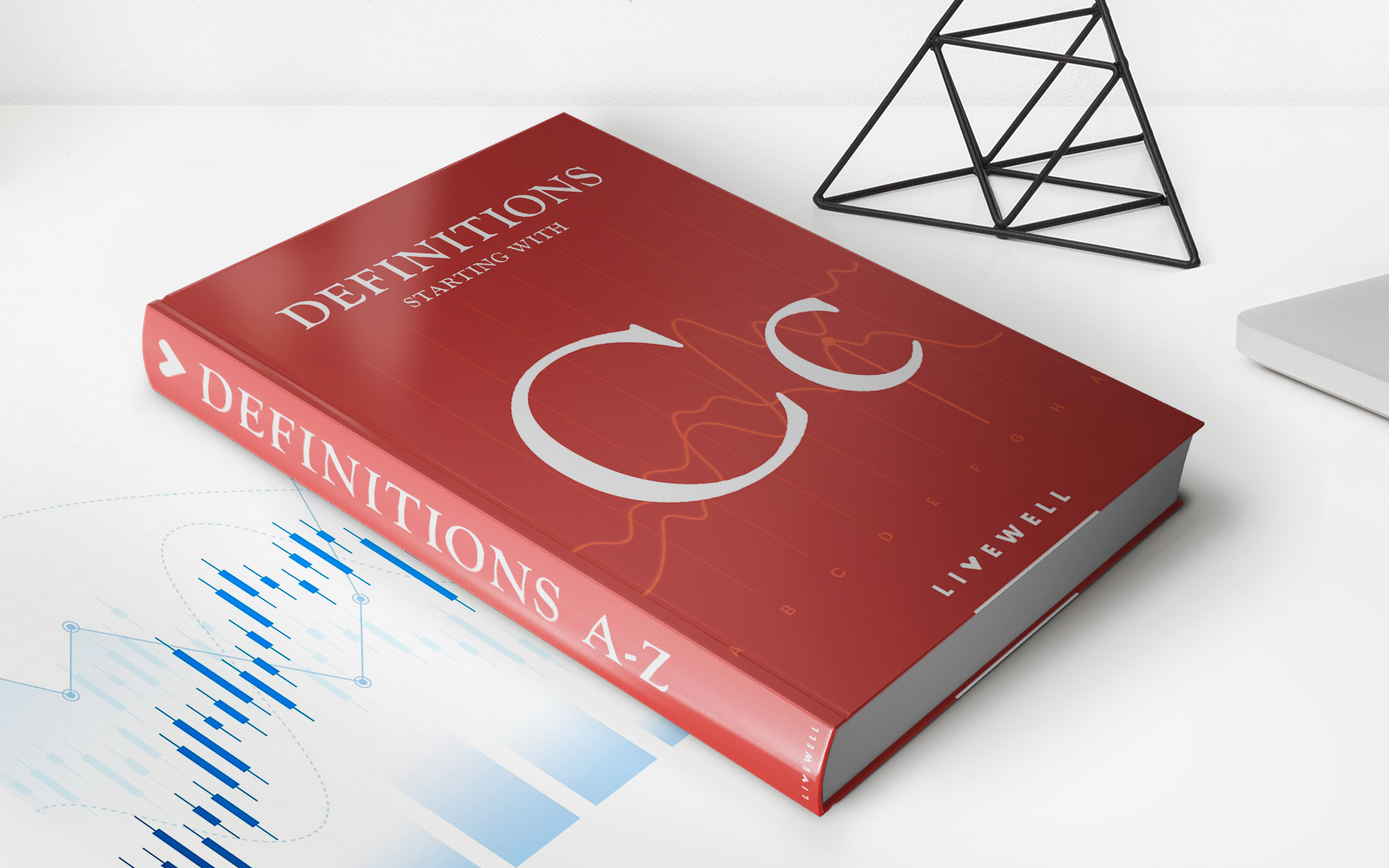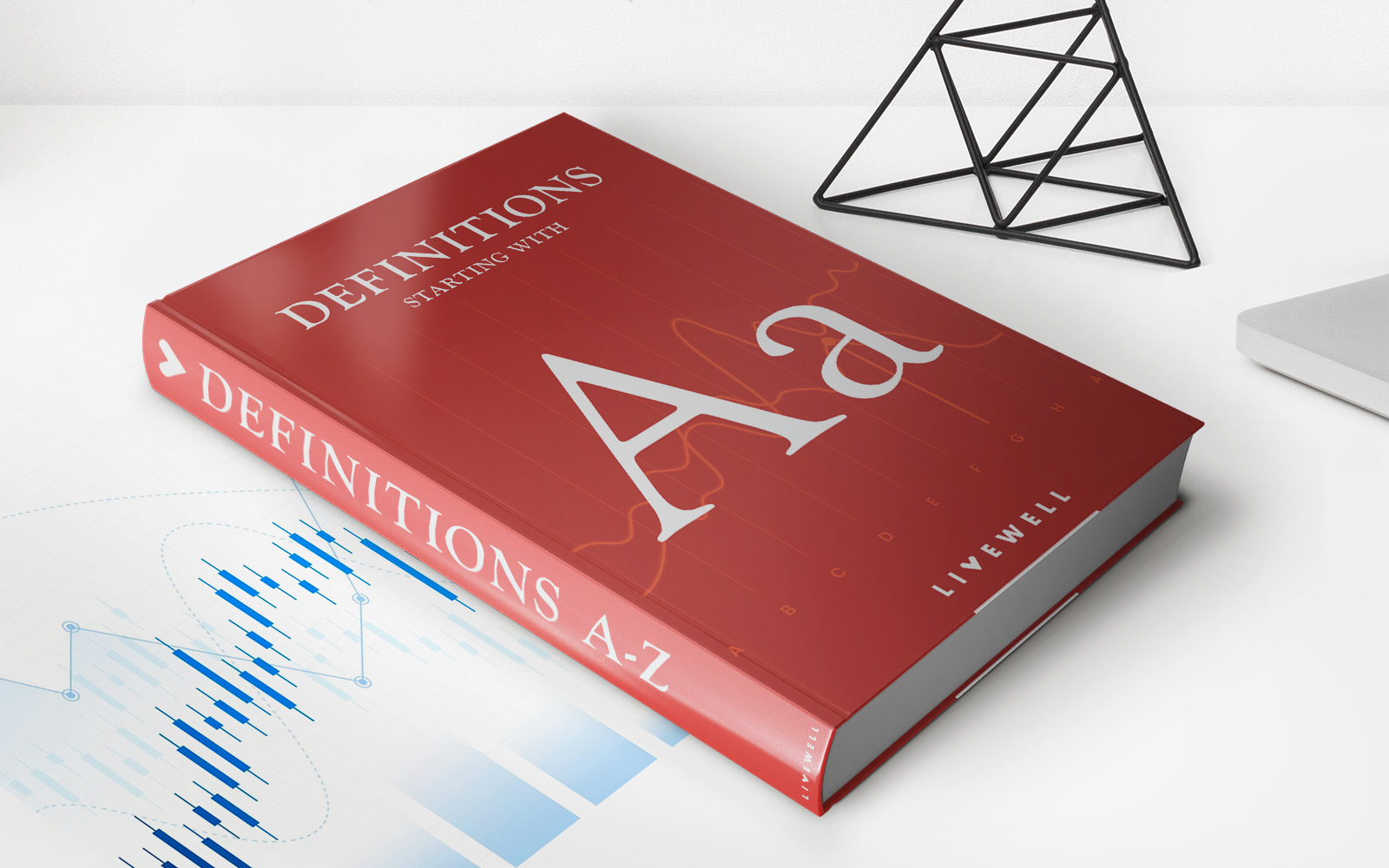

Finance
Account Settlement: Definition, Types, Example
Published: September 26, 2023
Learn the definition, types, and examples of account settlement in finance. Discover how it impacts financial transactions and resolves outstanding balances.
(Many of the links in this article redirect to a specific reviewed product. Your purchase of these products through affiliate links helps to generate commission for LiveWell, at no extra cost. Learn more)
Account Settlement: Definition, Types, Example
Welcome to the Finance category on our blog, where we dive deep into topics related to money management, budgeting, investment, and much more. In this article, we will explore the concept of account settlement – what it means, its types, and provide an example to help you understand it better. By the end of this post, you’ll have a clear understanding of account settlement and how it can impact your financial transactions. Let’s get started!
Key Takeaways:
- Account settlement refers to the process of resolving outstanding balances between parties involved in a financial transaction.
- It can take different forms, such as cash settlement, securities settlement, or debt settlement, depending on the nature of the transaction.
What is Account Settlement?
Account settlement, in simple terms, is the final step in completing a financial transaction where outstanding balances between parties are resolved. It ensures that all parties involved are compensated or repay accordingly after a transaction is completed. This process is essential to maintain the accuracy and integrity of financial records.
Account settlement can occur in various situations, such as when a customer pays their credit card bill, a lender reimburses a borrower, or a securities trade is executed. It entails verifying the accuracy of balances, ensuring payments are made in the correct amounts, and recording the transaction details for future reference.
Types of Account Settlement:
Account settlement can differ depending on the nature of the transaction. Here are some commonly observed types:
- Cash Settlement: This is the most straightforward form of account settlement, involving the exchange of cash between parties to settle outstanding balances. It often occurs when making a payment in person, such as in retail or restaurant settings.
- Securities Settlement: This type of settlement is commonly seen in financial markets when securities, such as stocks or bonds, are bought or sold. It encompasses the transfer of ownership, payment, and the settlement of any outstanding obligations.
- Debt Settlement: Debt settlement occurs when a debtor and creditor agree to resolve an outstanding debt for a lesser amount than what is owed. It provides an opportunity for the debtor to pay off their debt while allowing the creditor to recover a portion of the outstanding balance.
An Example of Account Settlement:
Let’s consider a real estate transaction as an example of account settlement. John wants to purchase a house from Emily. They agree on a purchase price of $300,000, and a real estate agent facilitates the transaction. Here’s how the account settlement process unfolds:
- John provides a down payment of $60,000 when signing the purchase agreement.
- John applies for a mortgage to cover the remaining balance of $240,000.
- The mortgage lender approves the loan and transfers the $240,000 to Emily’s account.
- Emily receives the payment and signs the necessary documents, transferring the property ownership to John.
- The real estate agent ensures all legal and financial documentation is accurate and records the transaction in both John and Emily’s accounts.
Upon completion of these steps, the account settlement for the real estate transaction is considered finalized. Both John and Emily have fulfilled their financial obligations, and the transaction is recorded for future reference.
Conclusion
Account settlement is a crucial process that ensures the accurate resolution of outstanding balances in financial transactions. By understanding the different types of account settlement, such as cash settlement, securities settlement, and debt settlement, you can better comprehend how various financial transactions are finalized. It’s essential to pay attention to account settlement details to maintain the integrity of your financial records and safeguard your financial interests.
We hope this article has provided you with valuable insights into the concept of account settlement. If you have any further questions or would like to explore more financial-related topics, be sure to explore our Finance category for more engaging content.
